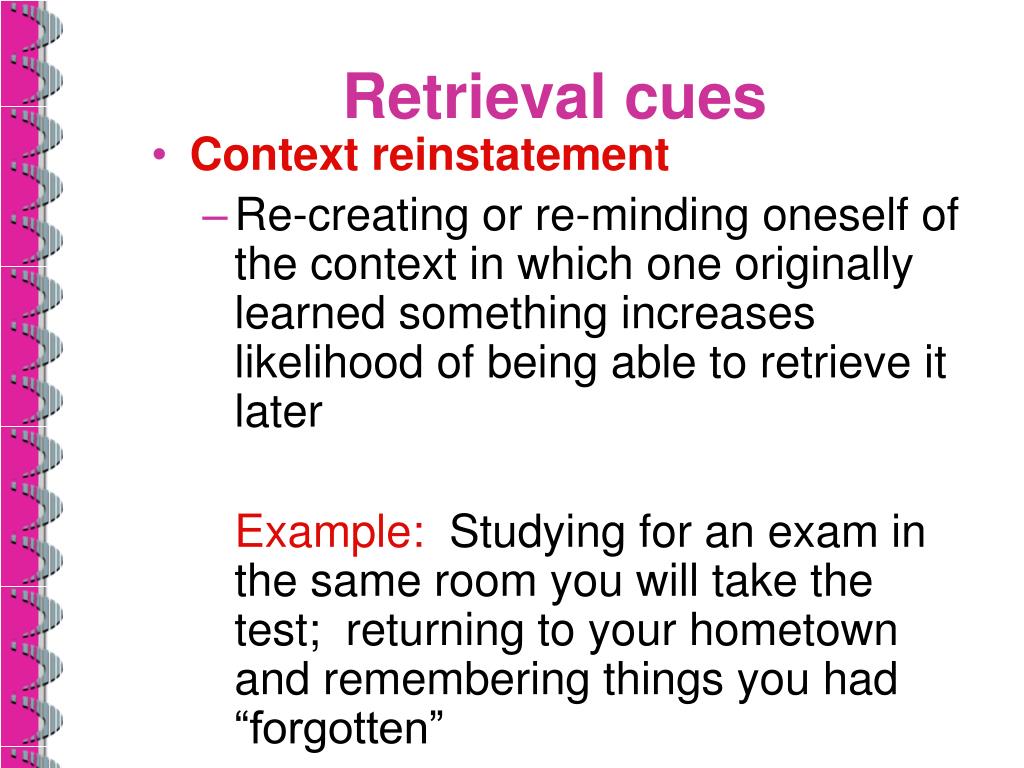


Contrary to our hypothesis, we find no effect of neural entrainment during encoding on subsequent memory performance. In addition, we reinstated oscillatory activity from the encoding episode during retrieval, which has been hypothesized to result in memory performance improvements compared to non-reinstated conditions and incongruent reinstatement. In the present study, we used rhythmic visual stimulation at 6 and 10 Hz to experimentally modulate the memory encoding process in a recognition memory task. Rhythmic sensory stimulation is thought to entrain ongoing brain oscillations and modulate associated functions (e.g., memory formation). However, the causal relevance of these oscillations is not well understood. More specifically, it has been suggested that memory performance benefits if the same oscillatory pattern is present during encoding and retrieval. A vast amount of research has found that neural oscillations in the theta (∼4–7 Hz) and alpha (∼8–12 Hz) bands play an important role in memory formation. The human brain’s ability to store information and remember past events is thought to be orchestrated by the synchronization of neuronal oscillations in various frequency bands. 3Neuroscience Center Zurich (ZNZ), University and ETH Zürich, Zurich, Switzerland.2Cognition, Perception and Behaviour in Urban Environments, Future Cities Laboratory, Singapore-ETH Centre, Singapore, Singapore.1Neural Control of Movement Lab, Department of Health Sciences and Technology, ETH Zürich, Zurich, Switzerland.


 0 kommentar(er)
0 kommentar(er)
